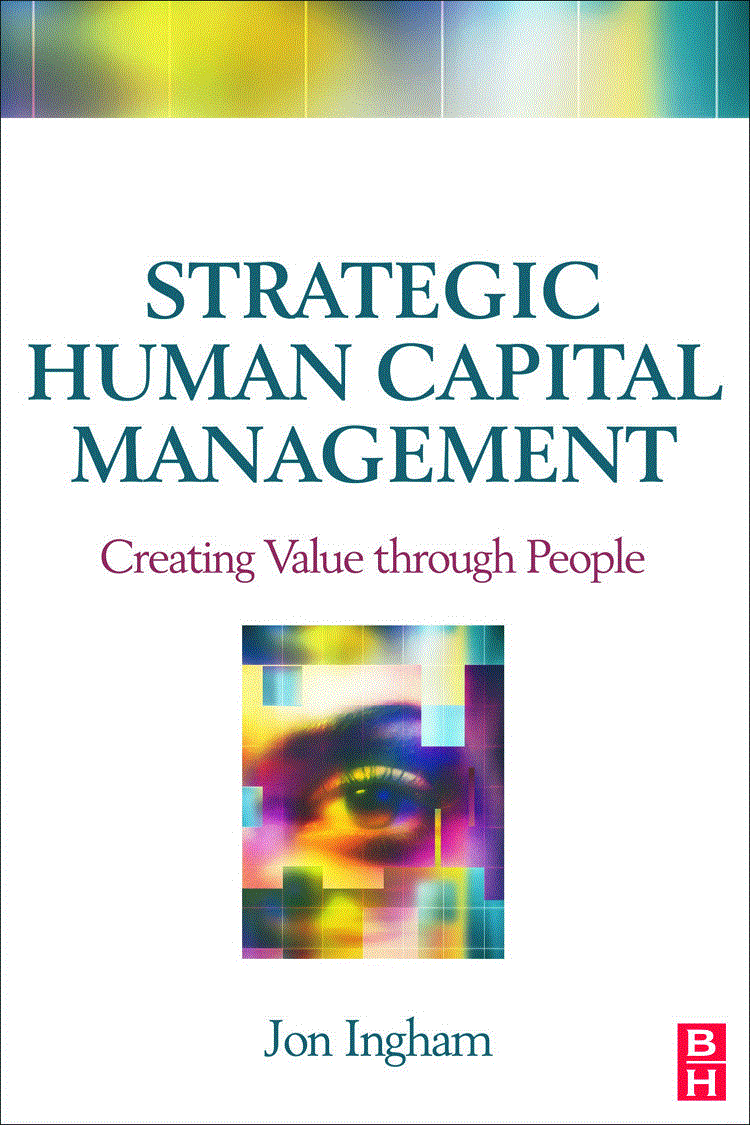
JOB DESIGN AND ROLE DEVELOPMENT

JOBS AND ROLES
A job consists of a related set of tasks that are carried out by a person to fulfil a purpose. It can be regarded as a unit in an organization structure that remains unchanged whoever is in the job. A job in this sense is a fixed entity, part of a machine that can be ‘designed’ like any other part of a machine. Routine or machine-controlled jobs do indeed exist in most organizations but, increasingly, the work carried out by people is not mechanistic. What is done, how it is done and the results achieved depend more and more on the capabilities and motivation of individuals and their interactions with one another and their customers or suppliers. The rigidity inherent in the notion of a job is not in accord with the realities of organizational life for many people. A flexible approach is often required to use and develop their skills in order to respond swiftly to the new demands they face every day. The concept of a role conveys these realities more than that of a job. Essentially, a role is the part people play in carrying out their work. Individual roles are those carried out by one person. Generic roles are those in which essentially similar activities are carried out by a number of people. They may cover a whole occupation. A role can be described in behavioural terms – given certain expectations, this is how the person needs to behave to meet them. A role profile will not spell out the tasks to be carried out but will instead indicate expectations in the form of outputs and outcomes 23 and competency requirements in the shape of the inputs of skill and behaviours required to fulfil these expectations. The definition may be broad. It will not be prescriptive. Scope will be allowed for people to use their skills in accordance with their interpretation of the situation. Encouragement will be given for them both to grow in their roles and to grow their roles by developing their competencies and by extending the range of their responsibilities so that their contributions exceed expectations. The need for flexibility will also be recognised. Roles are therefore more about people than jobs and this means that the extent to which a role can be ‘designed’ may be limited or even non-existent where flexibility and growth are important. This may apply particularly to knowledge workers. There are, however, certain considerations that affect the ways in which roles can be developed in order to increase satisfaction with the work and to encourage growth. These considerations can also apply to jobs and this chapter therefore starts with a general review of the factors that affect job design and that are also relevant to role building. Attention is then directed to approaches to job design, which include the notion of job enrichment. Consideration is next given to the characteristics of team roles and what can be done to set up and maintain effective self-managed teams and high-performance work design. Finally, the focus is on roles and how they can be developed rather than designed in today’s flexible organizations on the basis of an understanding of what role holders are expected to achieve, the scope they have to go beyond these basic expectations and the capabilities they need to carry out and extend their role
Armstrong, Michael, 1928- A handbook of human resource management practice/Michael Armstrong.–10th ed. Cambridge University Press